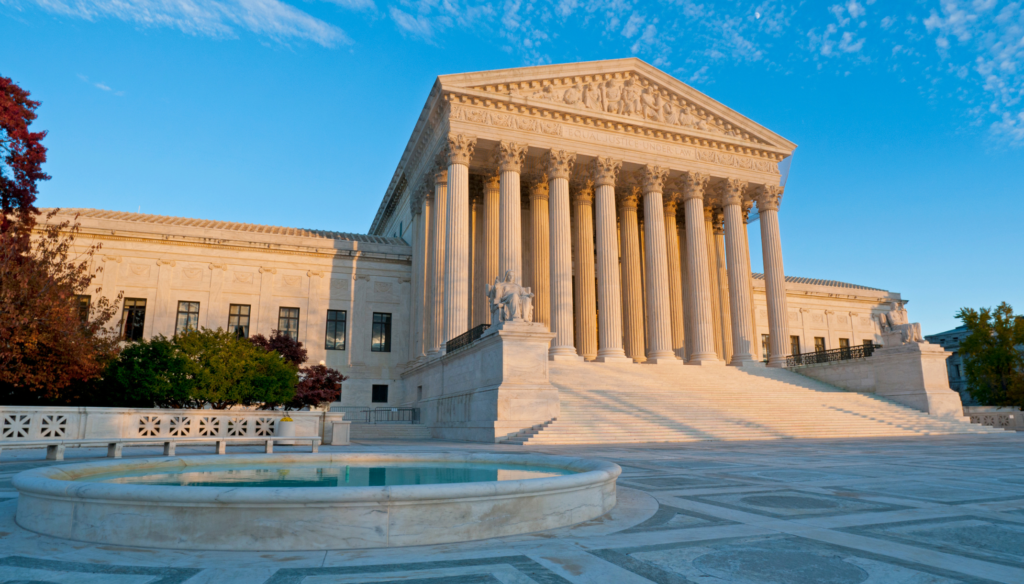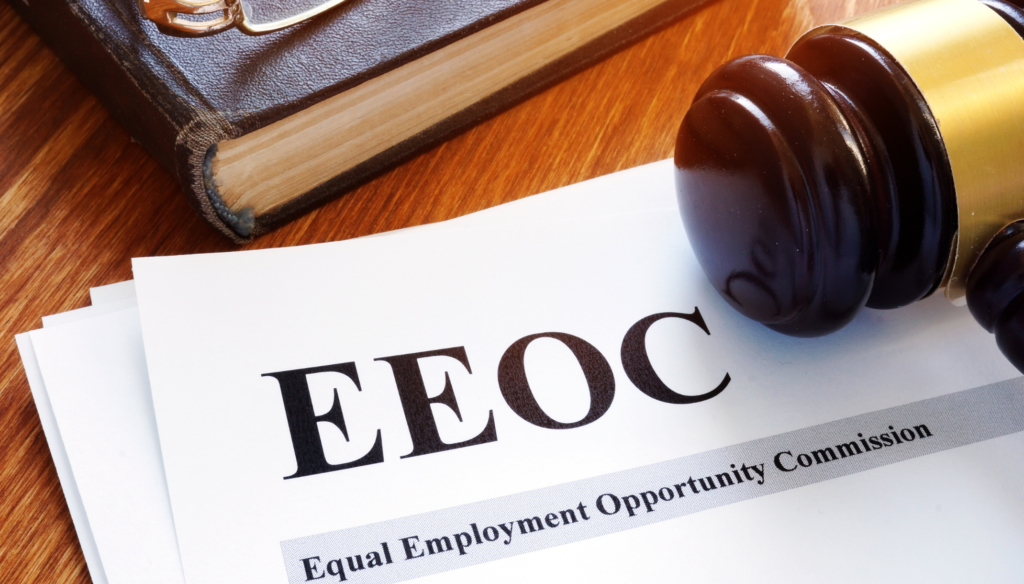June 30, 2023, has come and gone, but the Family and Medical Leave Act (FMLA) forms with that expired date can still be used, according to the U.S. Department of Labor (DOL).
Under the FMLA, eligible employees of covered employers may take unpaid, job-protected leave for specified family and medical reasons, such as pregnancy, chronic health conditions or the care of a family member with a serious health condition. Employers use the forms to comply with the notice requirements under the Act and to request medical certification from an employee’s health care provider. The five optional-use forms from the DOL are still applicable, regardless of the expiration date, the DOL noted on its website.
“The content of the information contained within the optional-use DOL form is still applicable, regardless of the expiration date,” said Edwin Nieves, a DOL spokesman. “The expiration date on the DOL forms is related to the collection of information as required by the Office of Management and Budget, and not relevant to the content of the required information.” The DOL is mandated to review the forms and notices every three years.
Employers are not required to use the DOL’s forms, which are only model versions. They may use their own forms if they provide the same basic notice information and require only the same basic certification information. “Employers must accept a complete and sufficient certification” of the employee’s need for FMLA leave, “regardless of the format,” the DOL said. The employer cannot refuse:
- A fax or copy of the certification.
- A certification that is not completed on the employer’s standard company form.
- Any other record of the medical documentation, such as a communication on the letterhead of the health care provider.
“The employer cannot reject a certification,” the DOL noted, “that contains all the information needed to determine if the leave is FMLA-qualifying.”





